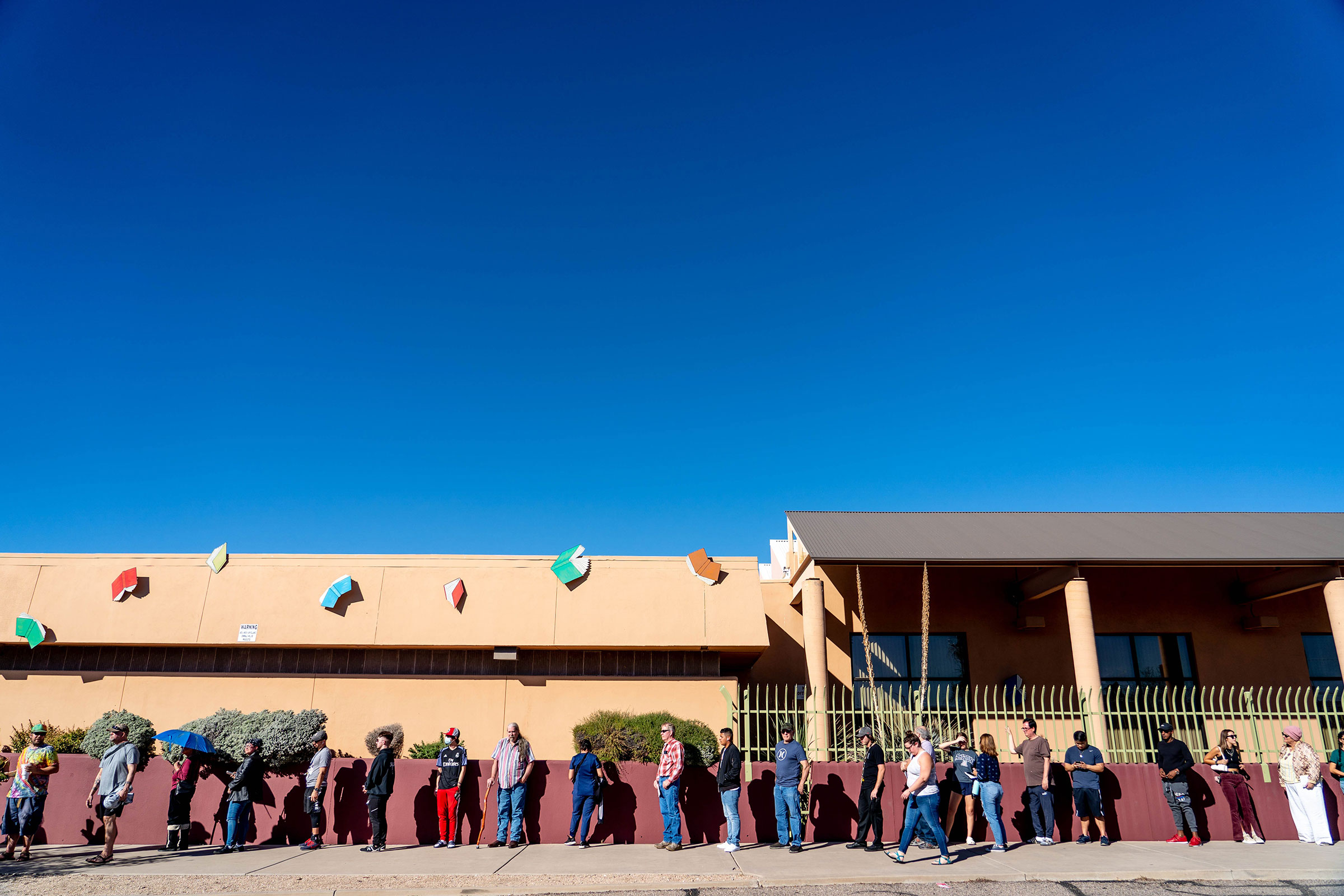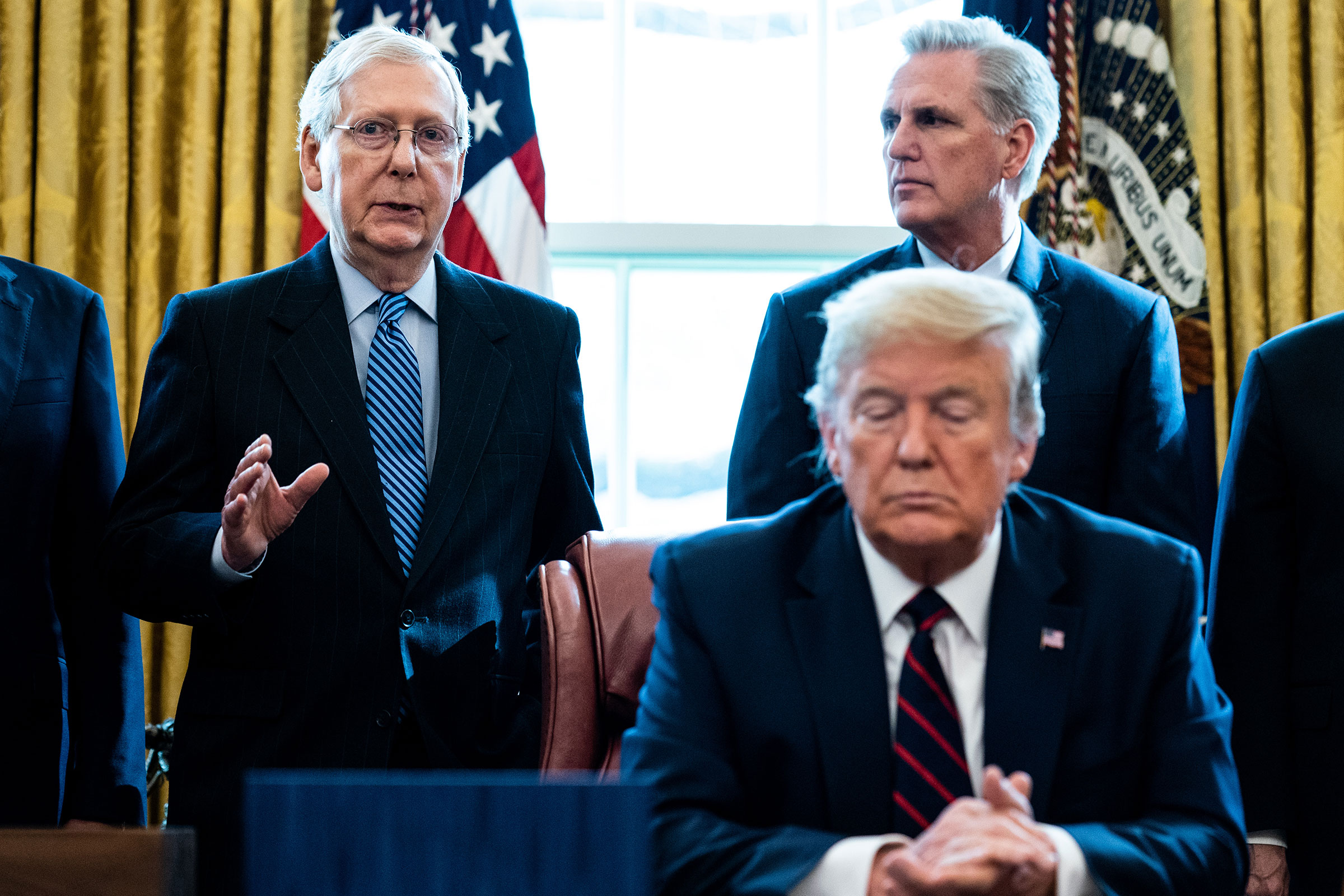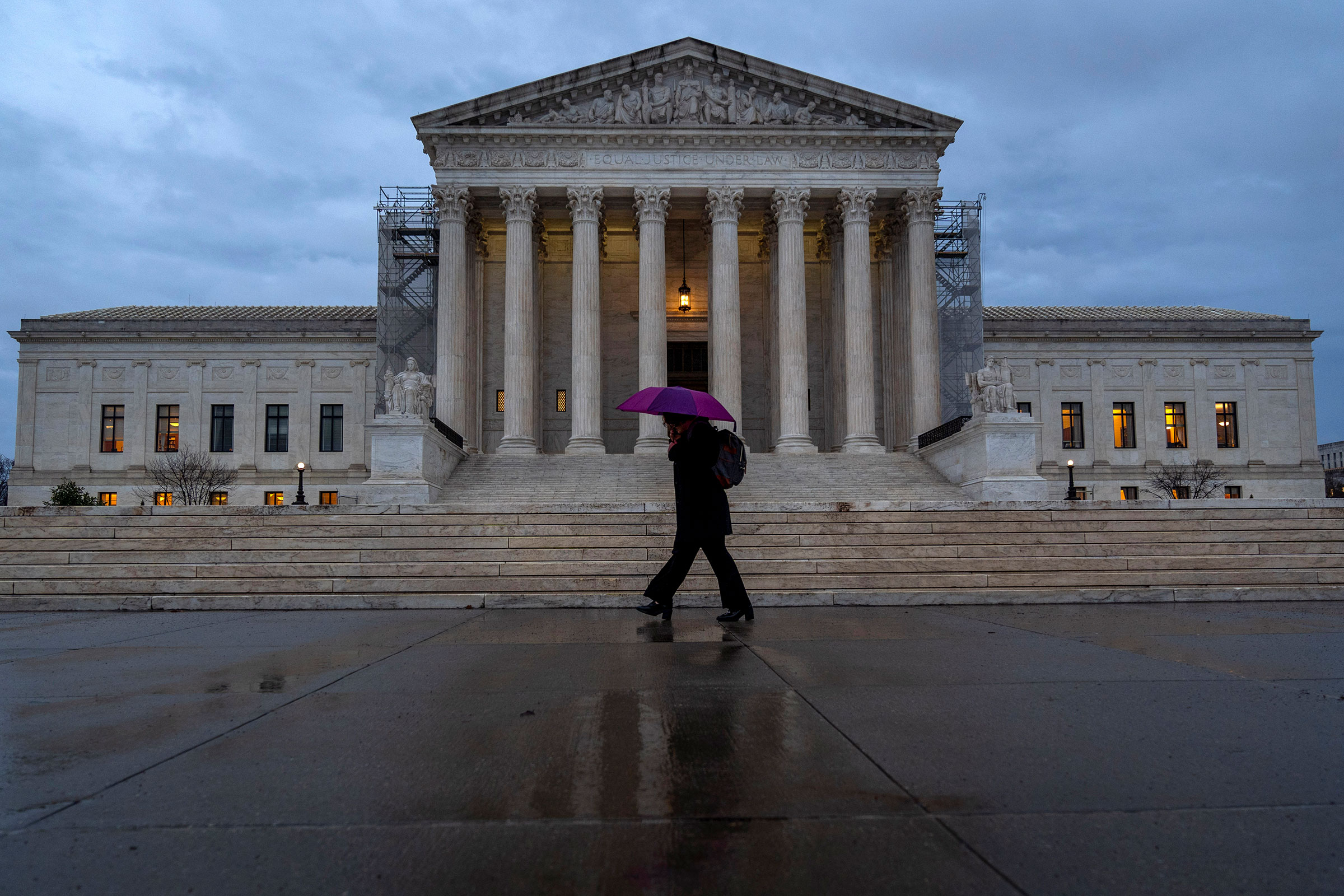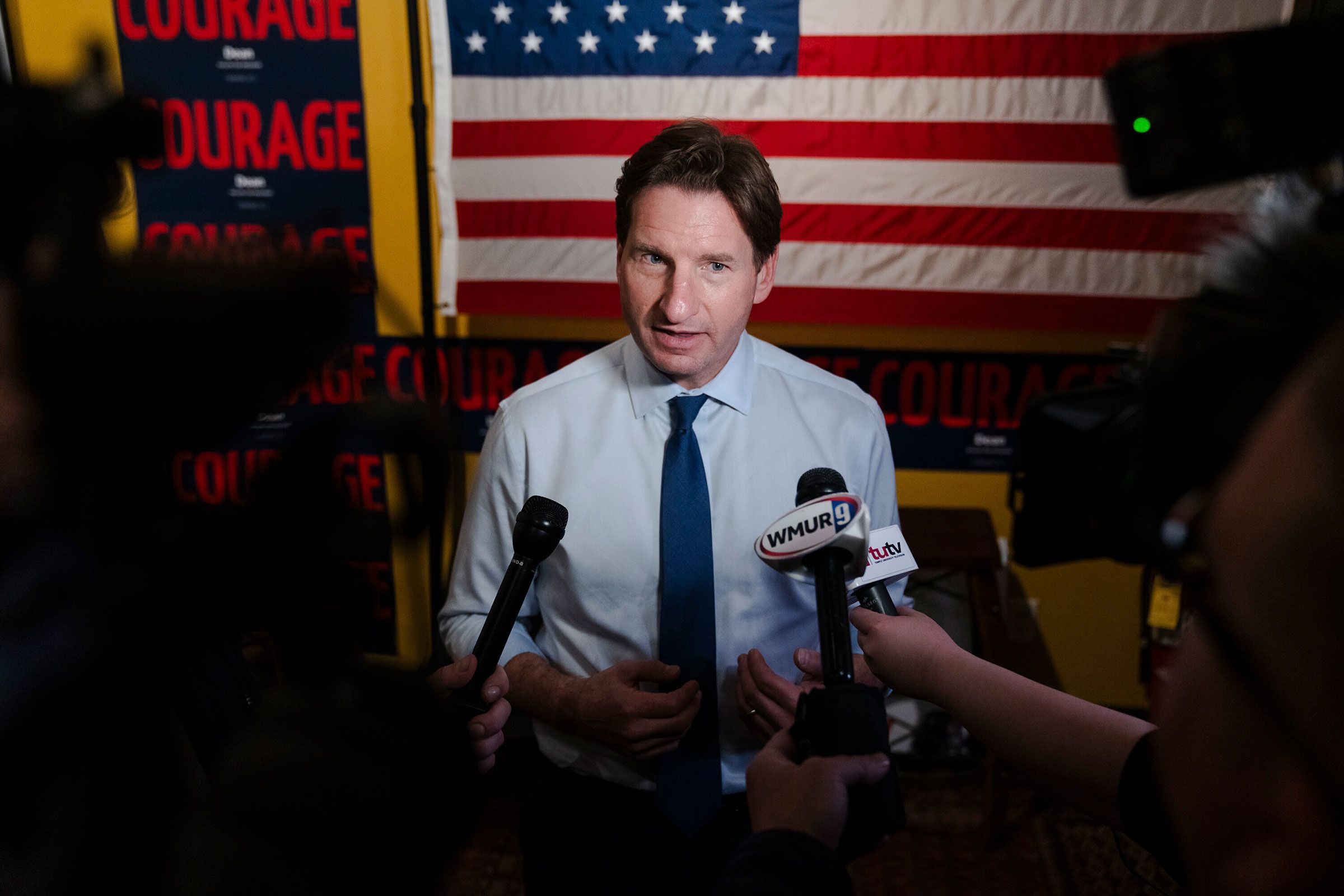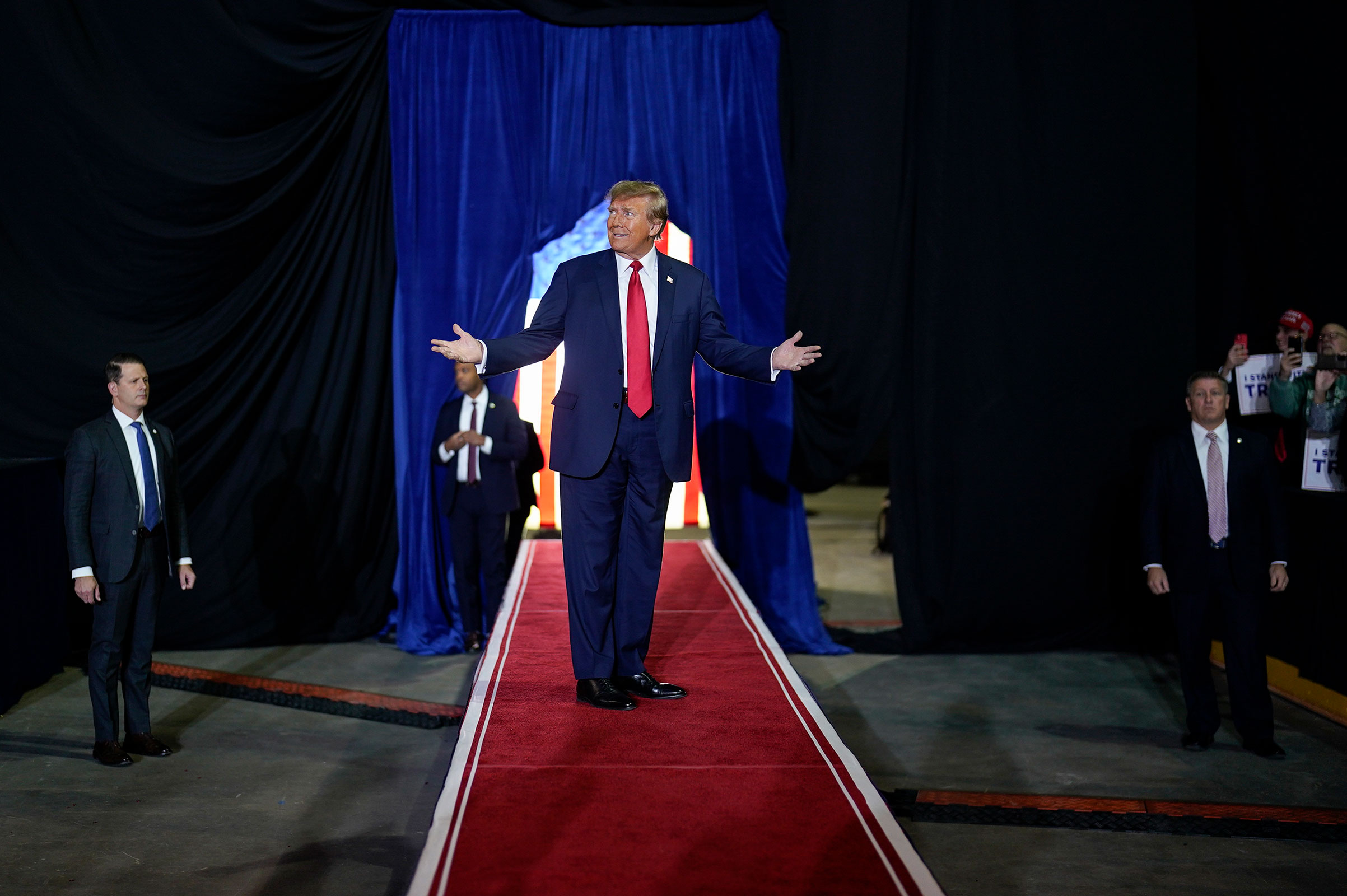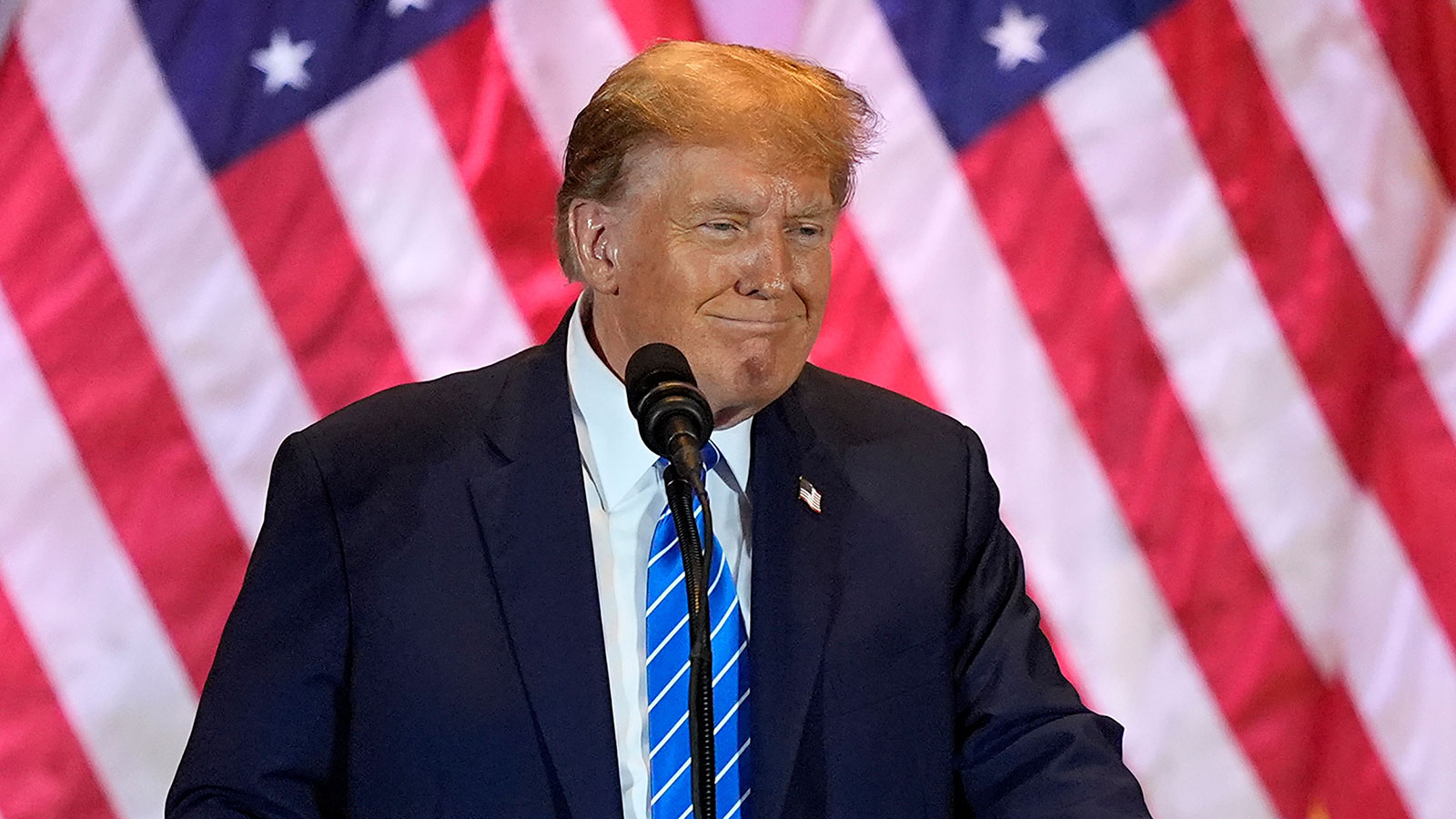
Former President Donald Trump on Wednesday called for debates with President Joe Biden hours after Nikki Haley suspended her presidential campaign.
Trump, who did not participate in any GOP primary debates, has previously said he wanted to debate Biden in the general election.
"It is important, for the Good of our Country, that Joe Biden and I Debate Issues that are so vital to America, and the American People. Therefore, I am calling for Debates, ANYTIME, ANYWHERE, ANYPLACE! The Debates can be run by the Corrupt DNC, or their Subsidiary, the Commission on Presidential Debates (CPD). I look forward to receiving a response. Thank you for your attention to this matter!" Trump posted on Truth Social.
Biden's campaign responded, saying it’s a conversation they will have “at the appropriate time" and urged the former president to watch Biden's State of the Union address on Thursday.
"I know Donald Trump's thirsty for attention and struggling to expand his appeal beyond the MAGA base -- and that's a conversation we'll have at the appropriate time in this cycle," Michael Tyler, the campaign’s communications director, said in a statement.
This post has been updated with the Biden campaign's response.



